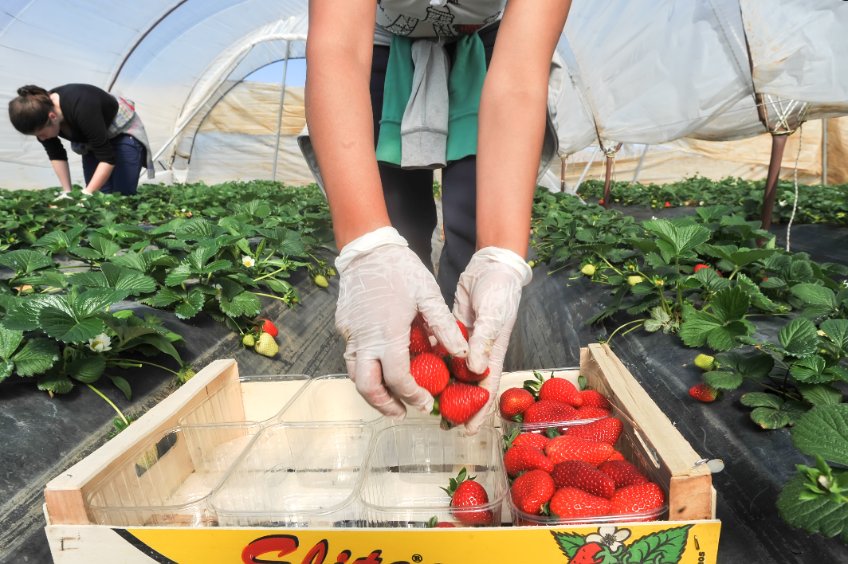
New digital right to work checks for British agricultural workers will be rolled out from 1 October, the industry is being reminded.
Agricultural employers will need to adopt the work checks for British and Irish nationals or revert to cumbersome manual in-person checks.
It will be no longer possible for the sector to rely on the virtual checks introduced by the Home Office under its ‘Covid-19 adjusted right to work checks’ concession.
Digital right to work checks aim to speed the process up, making them less cumbersome for employers and less disruptive for employees, particularly for businesses with large and multi-sited workforces.
The checks are a requirement for all UK employers who must ensure individuals they wish to employ have a legal right to work.
Employers face a fine of up to £20,000 for each employee if they are found to be working in the UK illegally.
The checks are required for all British and Irish nationals, as well as EEA and Non-EEA nationals.
Cleo Als, senior manager at Vialto Partners, a firm which provides immigration software solutions, said the checks exist to reduce the risk of employers employing staff that do not have the right to work in the UK.
"Traditionally, they would be conducted in person with an employer or HR adviser checking a passport or identity card," he said.
“The Home Office had intended to move to online right to work checks in April this year but pushed back following delays in certifying technology providers."
The government would like employers to use a certified Identification Service Provider, saying it takes reassurance from the certification process and that employers should too. It will not, however, be essential.
Employers have a short window of time to adopt this new regime, and those that get it wrong can be fined £20,000 for each illegal worker and lose their ability to sponsor overseas workers.
